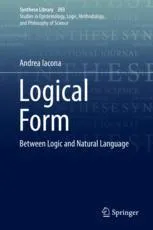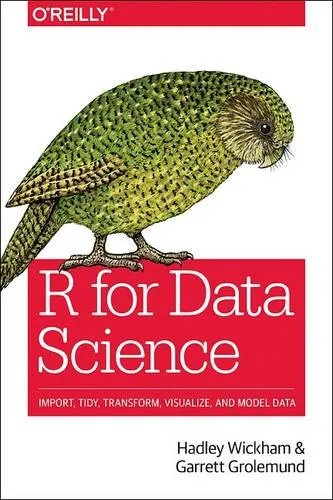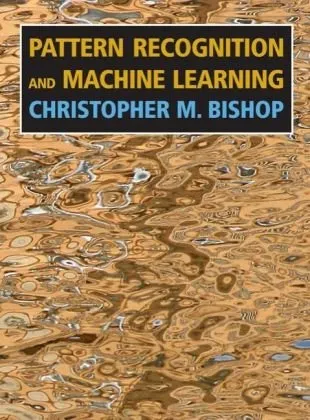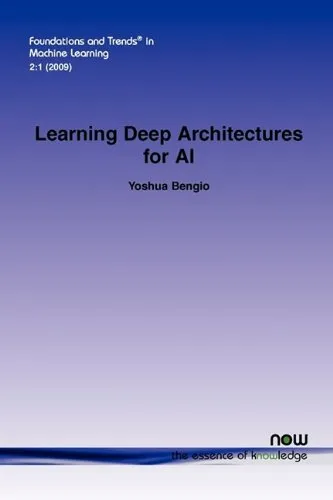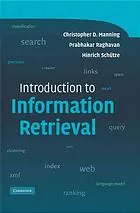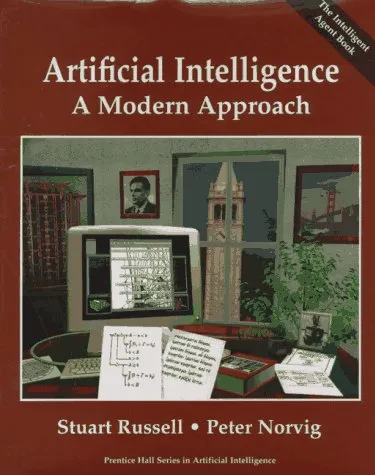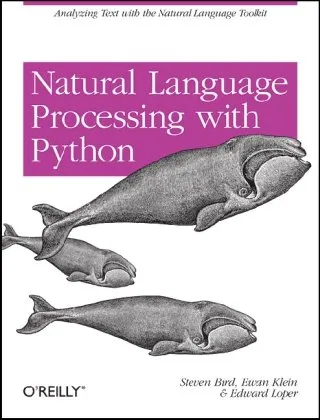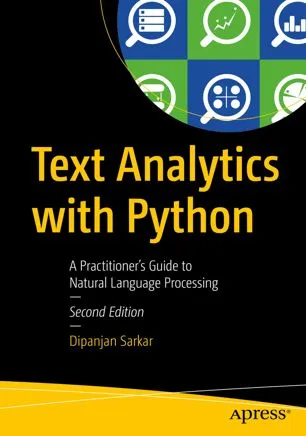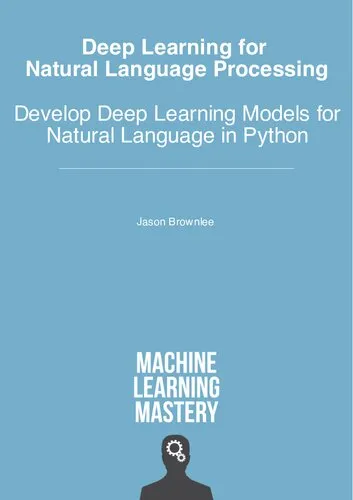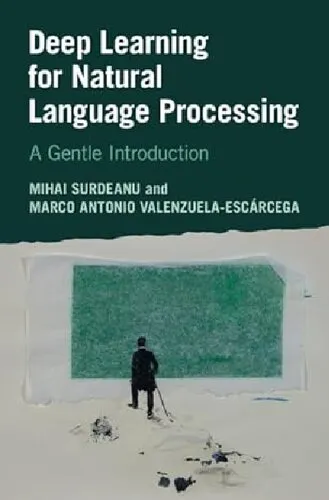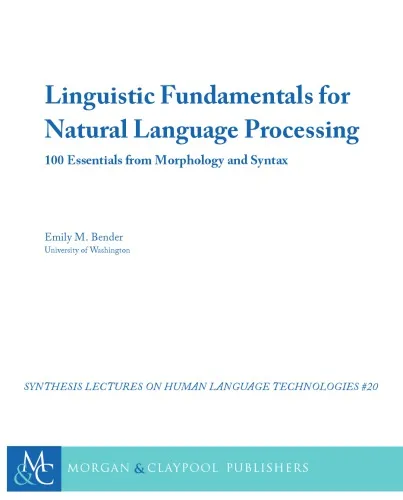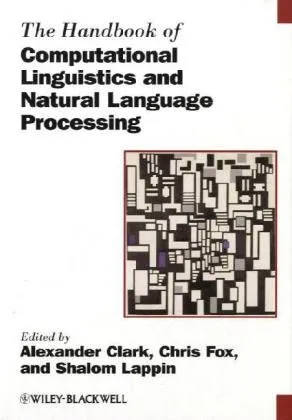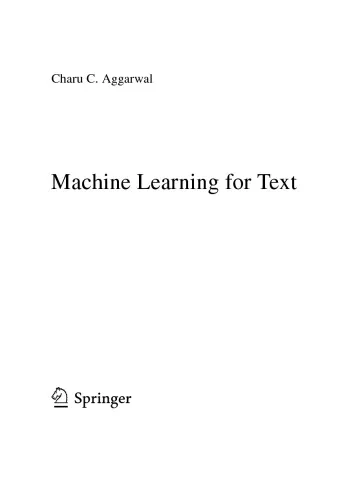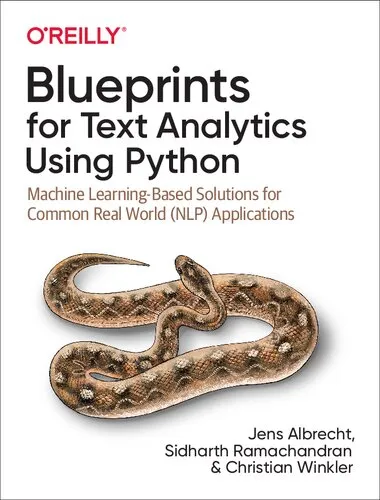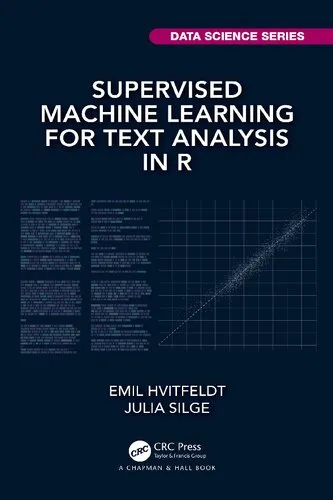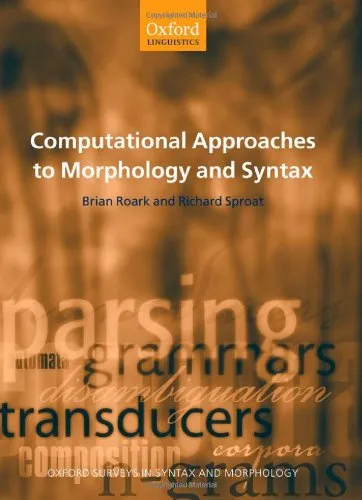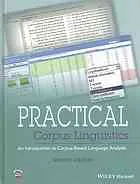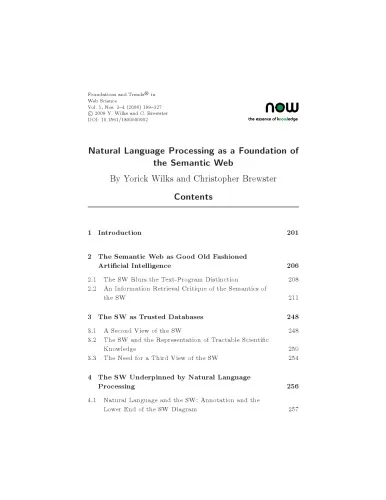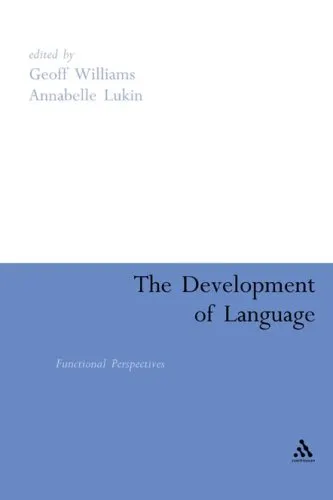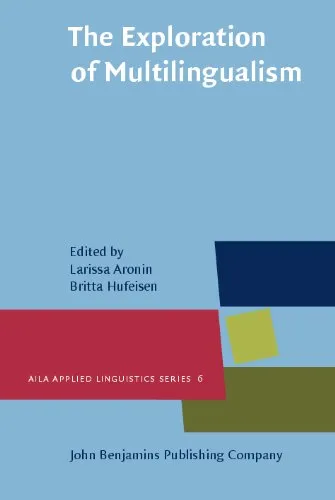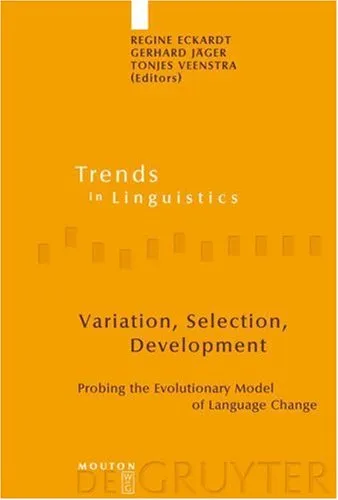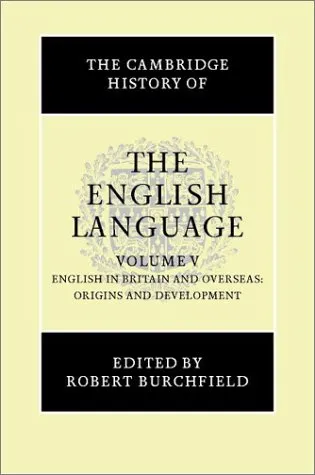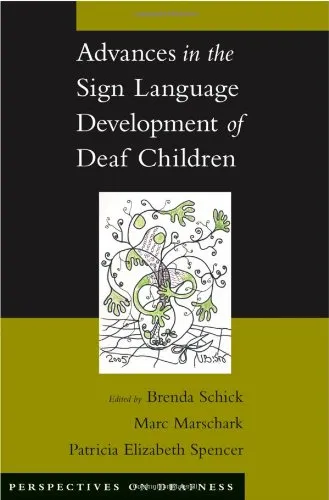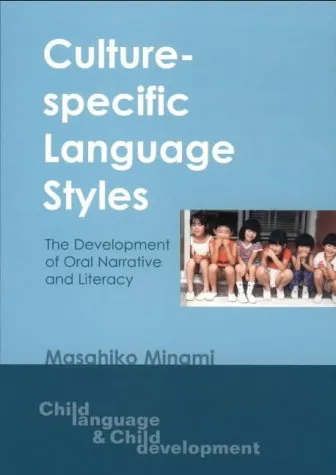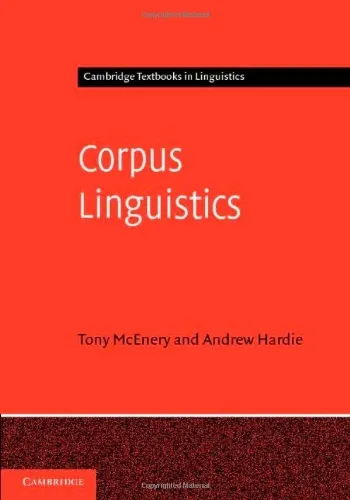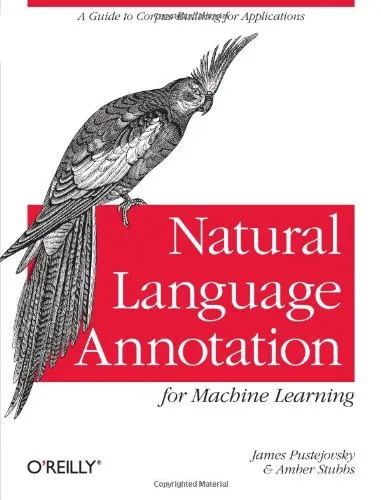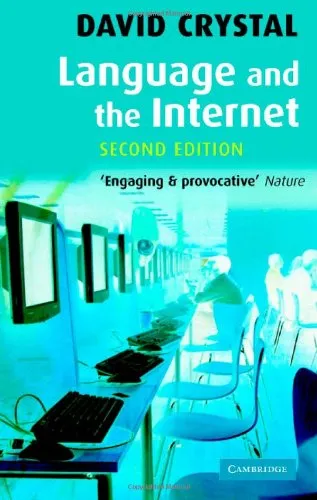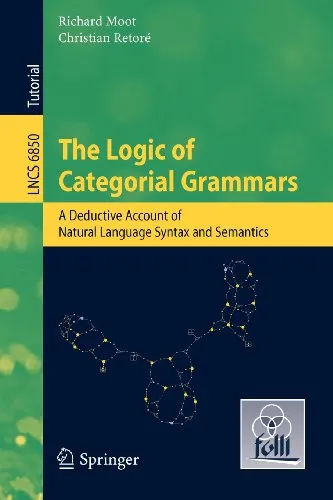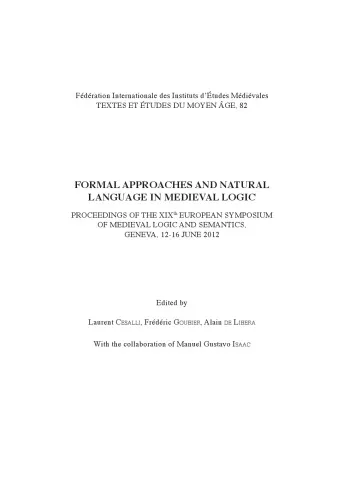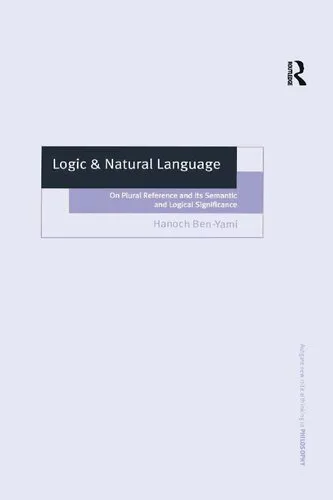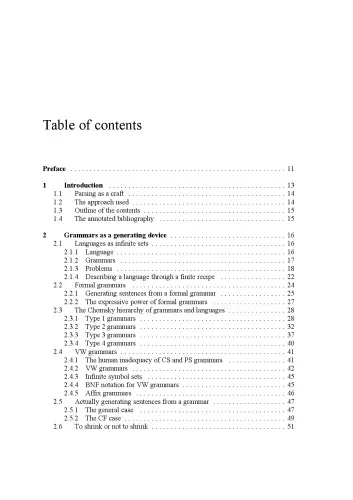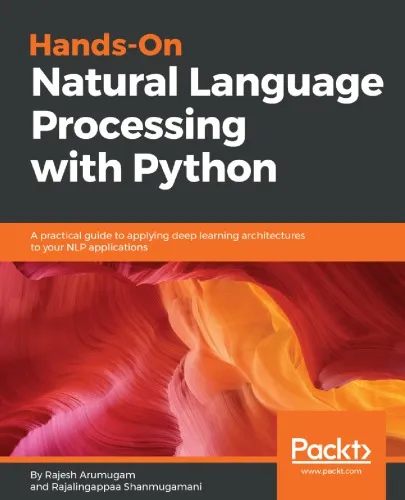Logical Form: Between Logic and Natural Language
4.5
Reviews from our users

You Can Ask your questions from this book's AI after Login
Each download or ask from book AI costs 2 points. To earn more free points, please visit the Points Guide Page and complete some valuable actions.Related Refrences:
Introduction to "Logical Form: Between Logic and Natural Language"
"Logical Form: Between Logic and Natural Language" by Andrea Iacona is a deep and comprehensive exploration of the concept of logical form, bridging the disciplines of formal logic and natural language. This book provides an insightful investigation into how logical structures align with the intricate patterns of natural language, emphasizing their relevance in both philosophy and linguistics. Iacona methodically examines the intricate relationship between the way humans communicate and the formal systems used to structure reasoning.
Designed to be informative yet approachable, this book addresses fundamental issues at the intersection of logic, philosophy, and linguistic analysis. It is an essential resource for readers who wish to better understand how logical reasoning interacts with language's expressive power. Through clear discussions and illustrative examples, Iacona unpacks the layers of complexity surrounding logical form, making the book a must-read for scholars and students alike.
Detailed Summary of the Book
At its core, the book provides a thorough examination of logical form, a foundational concept in modern logic and linguistics. Logical form is presented as the structural representation of sentences that reveals their underlying logical properties. Iacona investigates how logical form functions as a bridge between formal systems and the nuances of human communication.
The book explores questions such as: What is the nature of logical form? How do natural language expressions encode logical contents? How can logical form illuminate the structure of arguments as conveyed through ordinary language? Iacona argues that logical form is neither entirely reducible to formal logic nor wholly grounded in natural linguistic conventions; rather, it occupies a middle ground between the two.
Divided into carefully outlined chapters, "Logical Form: Between Logic and Natural Language" delves into the history of logical theories, key debates in philosophy, and practical examples illustrating the interaction between logic and language. Facts, concepts, and arguments are presented in a nuanced yet accessible way, fostering a profound understanding of the intersection between these domains.
Key Takeaways
- Logical form is indispensable for understanding the relationship between natural language and structured reasoning.
- The book challenges the rigid boundaries between linguistics and logic, advocating for an interdisciplinary approach.
- A clear logical form simplifies the examination of arguments, revealing their validity and coherence.
- Historical debates around logical form are essential for grasping contemporary perspectives in philosophy and linguistics.
- Language and logic are deeply intertwined, but their interaction often requires careful analysis to avoid misunderstandings.
Famous Quotes from the Book
"Logical form is the skeleton that supports both language and reasoning, a bridge that connects the way we think with the way we speak."
"To understand the logic of natural language is to uncover its underlying architecture, the framework that makes human thought expressible."
"The interplay between natural language and logic is not one of mere translation; it is a complex negotiation of meaning."
Why This Book Matters
"Logical Form: Between Logic and Natural Language" stands out as a critical resource for anyone interested in understanding the complex relationship between language and logic. The book's relevance spans a variety of fields, including philosophy, linguistics, cognitive science, and computer science. Iacona's rigorous analysis and clear explanations make it accessible to experts and newcomers alike, ensuring that readers from diverse backgrounds can grasp the importance of logical form.
Furthermore, this book sheds light on why logical form is a crucial tool for clarifying ambiguity in natural language, enhancing the precision of reasoning, and facilitating effective communication. By blending theoretical and practical insights, it serves as a guide for navigating the challenges that arise in both spoken and written discourse.
Through its interdisciplinary nature, "Logical Form: Between Logic and Natural Language" bridges gaps between disciplines, emphasizing how understanding one can deepen our appreciation of the other. It invites readers to critically evaluate how we convey meaning and reason logically in everyday life, offering tools and insights to refine both linguistic and analytical skills.
Free Direct Download
You Can Download this book after Login
Accessing books through legal platforms and public libraries not only supports the rights of authors and publishers but also contributes to the sustainability of reading culture. Before downloading, please take a moment to consider these options.
Find this book on other platforms:
WorldCat helps you find books in libraries worldwide.
See ratings, reviews, and discussions on Goodreads.
Find and buy rare or used books on AbeBooks.
1497
بازدید4.5
امتیاز0
نظر98%
رضایتReviews:
4.5
Based on 0 users review
Questions & Answers
Ask questions about this book or help others by answering
No questions yet. Be the first to ask!
